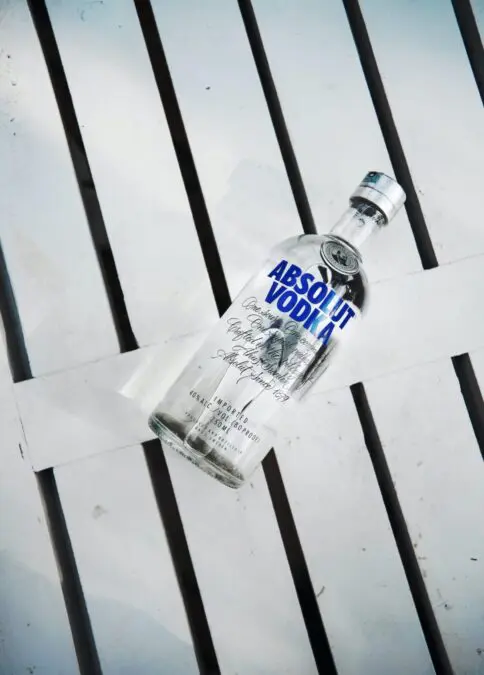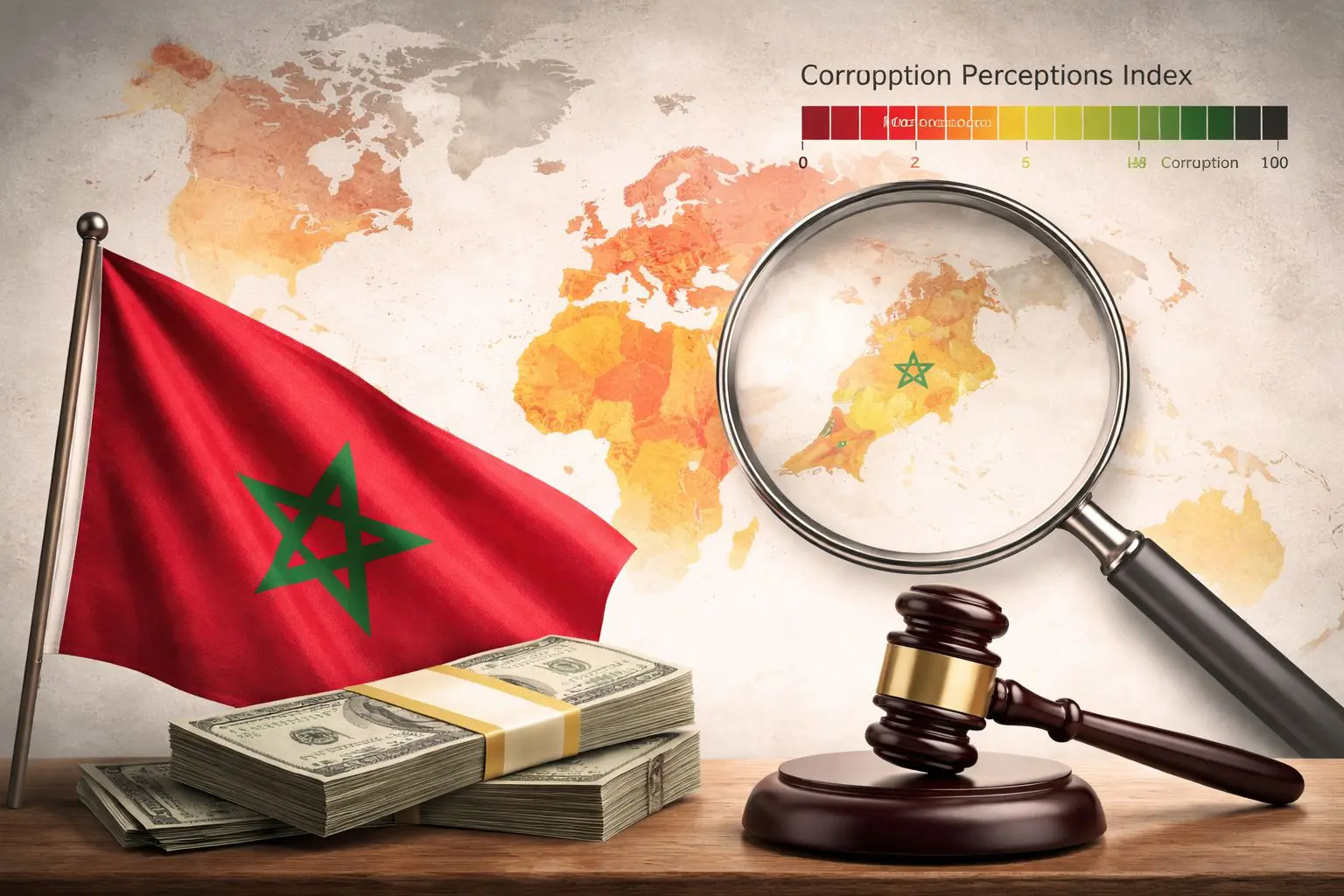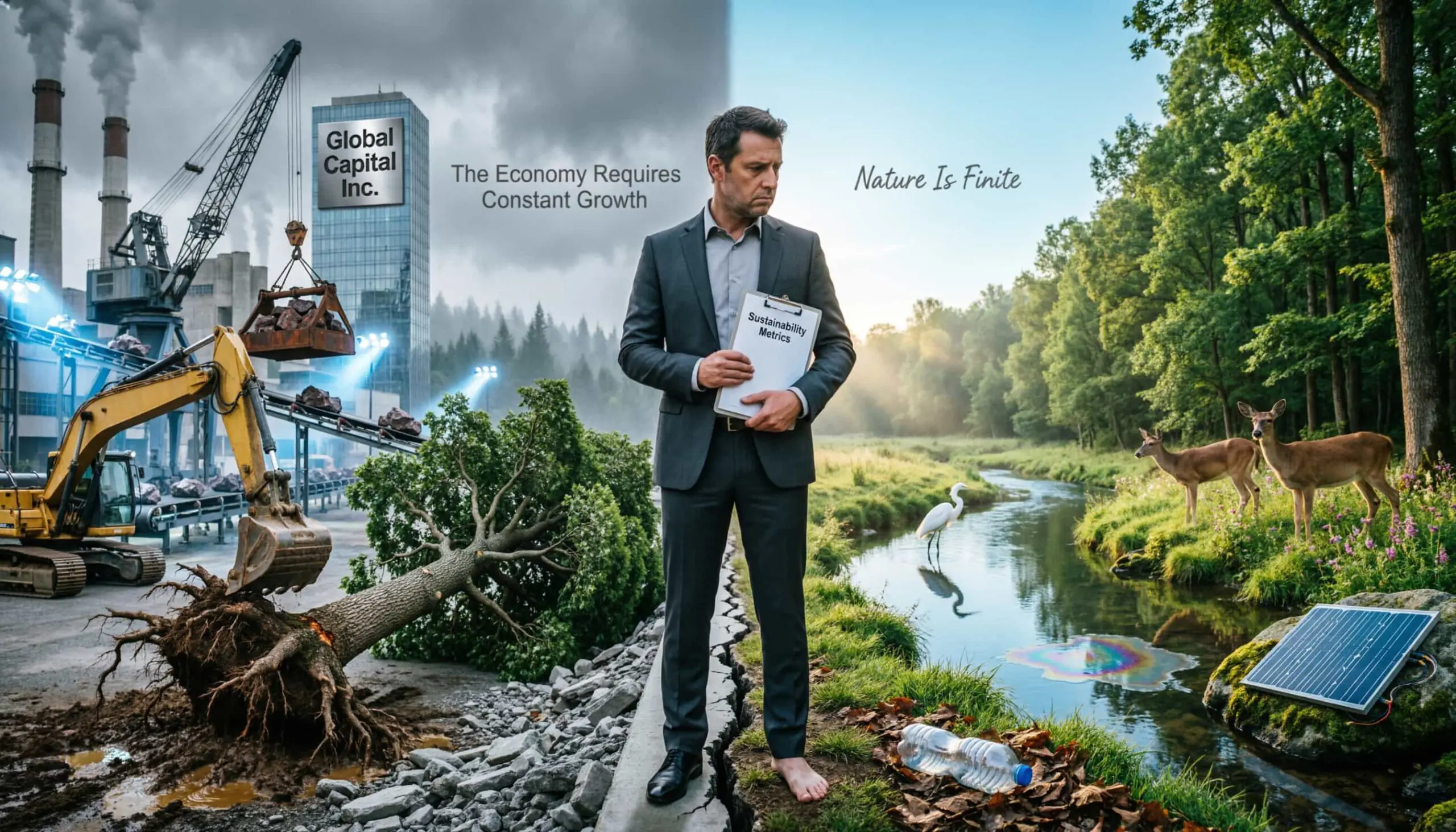Starting this weekend, it is no longer possible to order a glass of Absolut vodka, Jameson whiskey or Malibu rum there. The Svenska Brassierer group, which owns these establishments, has decided to stop selling all spirits belonging to the French group Pernod Ricard, according Le Monde.
The reason is the resumption of exports of Absolut – the vodka distilled in Ahus in the southern part of the Scandinavian kingdom – to Russia at the end of 2022.
The news was confirmed on April 13 by a spokesperson for spirits group Pernod Ricard.
Since then, calls for a boycott have multiplied in Sweden, where even Prime Minister Ulf Kristerson reacted, admitting on TV4 that he was “very surprised” by Pernod Ricard’s decision. I think many users find this a very strange action,” added Ulf Kristersson.
In a statement, Pernod Ricard said it had halted exports to Russia since the start of the war in Ukraine, but continued to sell from stock.
After they were exhausted, the group resumed its exports. According to Pernod Ricard, keeping the business in Russia allowed it to avoid accusations of “intentional bankruptcy” and to “protect its employees in Russia”.
These arguments do not seem to convince consumers: on the Twitter account of the Swedish vodka, the last message published on April 10, numbered more than 400 comments on Monday, April 17, the French alcohol conglomerate was accused of “drinking to the health of genocide”.
Among the most shared images was a fake ad using Absolut’s codes, showing a Ukrainian city under bombardment seen from the sky, crossed out with the slogan “boycott Absolut”.
On the Facebook page of Systembolaget, Sweden’s state-owned alcohol monopoly, there are also calls for Absolut and Pernod Ricard’s other alcohol products to be taken off the shelves. So far, no decision has been made on this matter.
In Kristianstad, in the southern part of the country, the regional museum decided to cancel the exhibition it was supposed to dedicate this summer to the “Absolut Fashion” collection, created by the biggest fashion designers in partnership with the brand.
The Swedish government at the beginning of 2008 announced a procedure for the privatization of the vodka producer “Absolut” – “Vin & Sprit”, the French newspaper “Tribune” reported.
The Minister for Economic Affairs of Local Governments and Financial Markets, Mats Odel, confirmed the announcement that the spirits maker was on the list of state-owned companies to be divested in 2009.
The popularity of the brand is related not so much to the drink itself, but to the bottle.
It is made of a special sand with a low iron content, which is used to make it. This material gives the glass maximum transparency.
The current shape of the bottle is borrowed from the apothecary bottles sold in Sweden in the last century.
As is known in Sweden, the production and sale of alcohol is a state monopoly. The wholly state-owned company V&S (Vin & Spirit) AB, established in 1917, operates on the Swedish market.
Its composition also includes the Absolut Company, established in 1895 specifically for market entry of the brand.
But the distribution rights for the Absolut brand worldwide (except for Sweden) are owned by the Canadian company Seagram, which sells some of the world’s famous brands of concentrated spirits such as Chivas Regal whiskey, Martel cognac, etc.
Absolut is the second best-selling vodka in the world after Diageo’s Smirnoff.
The company has been quite sensitive in terms of sales since its inception in 1917 due to Sweden’s efforts to limit alcohol consumption in the country.
The largest market for “Wine & Spirit” is the USA, where “Absolut” is the most imported vodka.
The history of “Absolut” begins in the 19th century. The “King of Vodka” in Sweden – the entrepreneur and inventor Lars Olsson Smith – puts a product under this name into production. With the name of the new drink – Absolute Rent Branvin (“Absolutely Pure Vodka”), he wants to emphasize its purity, since shortly before that, Smith invented the fundamentally new for that time method of extracting alcohol – rectification.
The method is different from brewing whiskey or brandy. The alcohol is distilled in a distillation column similar to that used for the distillation of petroleum products, with pure 95 percent alcohol emerging at the top of the column. The spirit is then diluted with water, filtered through a charcoal filter to soften it, and bottled.
But since then, hundreds of types of vodka have been made around the world using similar technology. Lars Olsson Smith’s discovery is at the heart of the dispute in the European Parliament, which has been going on for several months. Scandinavian countries and Poland insisted that vodka could be called a drink made only from grain, potatoes or sugar beets.
But through rectification, pure alcohol can be obtained from any agricultural crops – vegetables, grapes, fruits, etc., from which 95-degree alcohol is obtained.
Modern technologies of distillation and rectification make it possible to obtain such a pure taste of spirit that it deprives vodka of the characteristic taste of the raw material from which it is prepared. Absolut, in parallel with the main distillation process, uses a special technology to prepare spirit that has the taste of wheat – the raw material for the production of this type of vodka.
The basis for Absolut is 95% alcohol with a characteristic mild taste. The alcohol is then diluted with water from the factory’s own water source to bring the pure alcohol content in the drink to 40%.
Each bottle of vodka contains 2300 kcal and consists only of alcohol and water. 907 g of wheat or 24,000 grains are used for one liter of vodka, one small vodka contains 4,330 wheat grains, and the vodka distillation process continues for 300 hours.
The other most popular vodkas in the world – “Smirnoff” and “Finland” – are made from grain using a similar technology.
The third great vodka – the Russian “Stolichnaya” since the time of communism has been made in so many places in Russia, with different technologies and raw materials, which creates a certain mistrust of the brand. In addition, there are many manufacturers of fakes with this brand in Russia.
The main thing about the three big vodkas – “Absolut”, “Finland” and Smirnoff” – is the purity of the spirit and filtering through a charcoal filter. In the world, more than 20 types of charcoal are produced from different wood (birch, etc.) and by different technology, especially for the needs of vodka production Filtering through one or another type of charcoal gives the vodka a different taste.
Photo by tre’s visualz:







